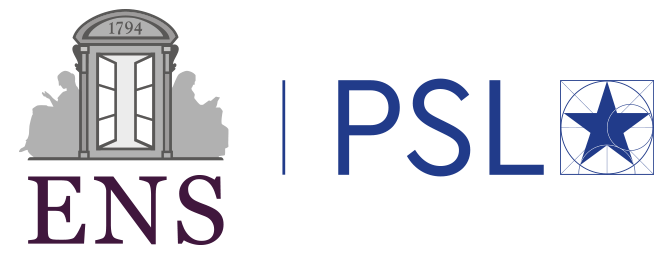Domaines
Condensed matter
Low dimension physics
Nanophysics, nanophotonics, 2D materials and van der Waals heterostructures,, surface physicss, new electronic states of matter
Type of internship
Expérimental Description
Next generation spintronics efficiently targets ultra-low power memories for green electronics and on a longer term full-spin information processing. The spin-orbit coupling (SOC) plays a fundamental role in spintronics as it allows controlling the spin in the conduction channels through an electrostatic manipulation.
SOC is greatly enhanced at reduced dimensions since the inversion symmetry is broken at surfaces or interfaces, and the resultant electric field couples to the spin of itinerant electrons, a phenomenon known as Rashba effect. Spin-orbit coupling is being intensively studied in two dimensional systems as in transition metal dichalcogenides, hybrid perovskites or in molecular layers on ferromagnetic substrates.
In this internship, we will tune the SOC in 2D materials by structural modification, for instance by introducing defects in the structure (vacancies or impurities) or by introducing strain in the lattice. The effect of the induced structural modification will be studied by electron diffraction and the impact on the electronic bands will be determined by angle-resolved photoemission (occupied states) and by spin- and angle-resolved inverse photoemission (unoccupied states).
Contact
Antonio Tejeda
